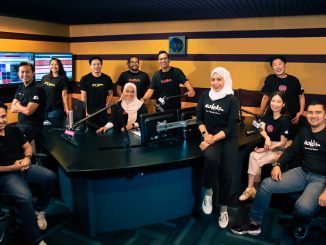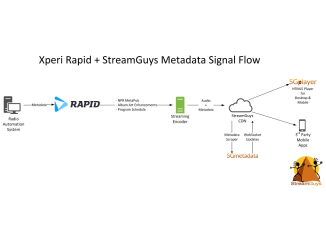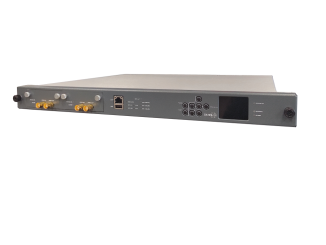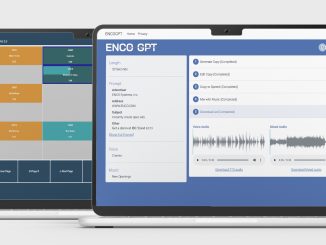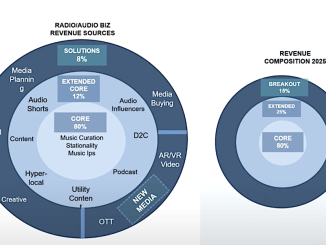
Over the moon in India: Big FM’s Abe Thomas #RDA23
“We are over the moon in my country at the moment. It’s boom, time, but where is the money for radio?” asked Abe Thomas at Radiodays Asia.With India’s Chandrayaan-3 spacecraft recently completing a successful landing on the Moon’s south pole, the country is on a high as it joins the space race. Big FM’s CEO Abe Thomas wants to see India’s radio and audio industries capitalising more on the buoyant mood in his country.“Radio revenue is growing but is not maintaining its relative share in competition with other media. We need to win today’s race, while also running tomorrow’s race.”
Attention is the new currency, according to Thomas.“Brands want to be at the centre of consumer engagement. Brands want to sit in the intersection of content, community and commerce.”With this in mind his network is “maintaining our revenue core, but also expanding to other revenue sources.” He is building up revenue from podcasts and other audio offerings while still focusing on existing broadcast radio revenue.Attention: “Attention is the new currency… brands want to sit on the intersection of content, community and commerce. “We are unlocking multiple revenue streams, either breakthrough in our traditional zones, or breaking out of the traditional broadcast revenue space and breaking through to new areas.”
Abe Thomas’ 4 main radio brands deliver about 80% of the company’s revenue, to get growth he is extending into new audience and advertiser segments such as:
Brand Solutions
Gamification of popular topics such as singing and cricket
Marketing Solutions for advertisers
Creative Intellectual Property that we can licence and monetise
Audience Cohorts that go beyond radio such as events
Podcasts on specialist monetizable topics such as cooking, medicine, truckers and motor dealers.
Podcasts: India is the third largest consumer of podcasts in the world, but Thomas wants to see revenue growth keeping up with listenership growth.“We are working hard to monetise this new form of audio. Talent in our 58 cities are keen to create content… we identify their opportunities and create branded podcasts for clients, then amplify them through radio. “We have created over 200 podcasts so far. All brands are looking for cohorts… we are becoming a client solution business to solve those client problems and I believe we will be able to expend out new revenue opportunities.” […]

